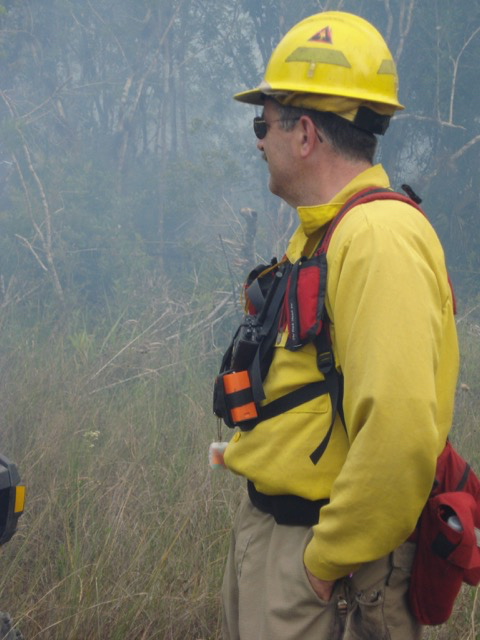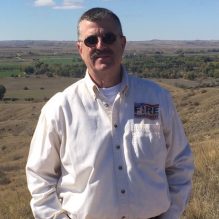My Desire and Duty to Pay It Forward
June 12, 2017

I have always loved the outdoors since growing up in Winston-Salem, N.C and spending my earlier years as a Boy Scout camping and hiking in the nearby Sauratown Mountains, Hanging Rock State Park, Pilot Mt. State Park and Raven Knob Boy Scout Reservation. As a young Boy Scout, I knew that I would pursue a career in natural resources and have always been connected to mother earth developing my passion and skills to maintain a sustainable ecosystem. The skills learned as an Eagle Scout have followed me my entire adult life.
After spending two years at Western Carolina University in pre-forestry, I transferred to North Carolina State University and completed my B.S degree in Natural Resources Recreation Management from the School of Forestry in 1979. One of my professors at NCSU left a lasting impression when he taught me “there’s no such thing as a free lunch” and “everything is connected to everything else.” These two concepts are basic but so powerful and have resonated with me over my 40 year career in forestry, natural resources, recreation, and fire management. As I traveled and worked for various local, state, and federal government agencies all over the United States as well as an Alaska Native Village reservation, I have always tried to use these concepts as a foundational platform for managing natural resources and paying it forward for the future generations in global sustainability.
When I discovered the Executive Master of Natural Resources program several years ago, I immediately contacted David Robertson, Associate Director for Executive Programs, to learn more about how the XMNR would fit into my professional and personal goals. As I learned more about the Center for Leadership in Global Sustainability (CLiGS) and how this program fits into the academic and professional environment, I knew immediately that I wanted to continue to pursue my educational passion for natural resources. I determined this program was a perfect fit for me and would enable me to continue my professional career and commitments as well as allow me to fulfill my passion for lifelong learning by going back to graduate school.
The Executive Master of Natural Resources program is a combination of learning and studying under the guidance of very experienced global sustainability professors and also working in teams with the other cohort members to solve complex environmental and social problems facing natural resources professionals.
One of the main requirements of the program is for each individual student to complete a directed study project on a global sustainability issue. I decided to utilize my skills developed over the course of my career in wildland firefighting and look at “wildfire preparedness” in India for future years to come. This paper looks at the challenges that the Indian government officials face in the future and presents some recommendations that may help assist these officials in addressing the global sustainability issues of the future.
In closing, I want to continue to pay it forward for the future generations and will continue to address these complex problems in the USA as well as the global environment. It is not only my desire but my duty to leave our natural resources in better shape for our children than we inherited from our elders.

Robert S. Eaton serves as Deputy Chief (Management) for the U.S. Fish & Wildlife Service Branch of Fire Management, and is a recent graduate of the VT Executive Master of Natural Resources program.


